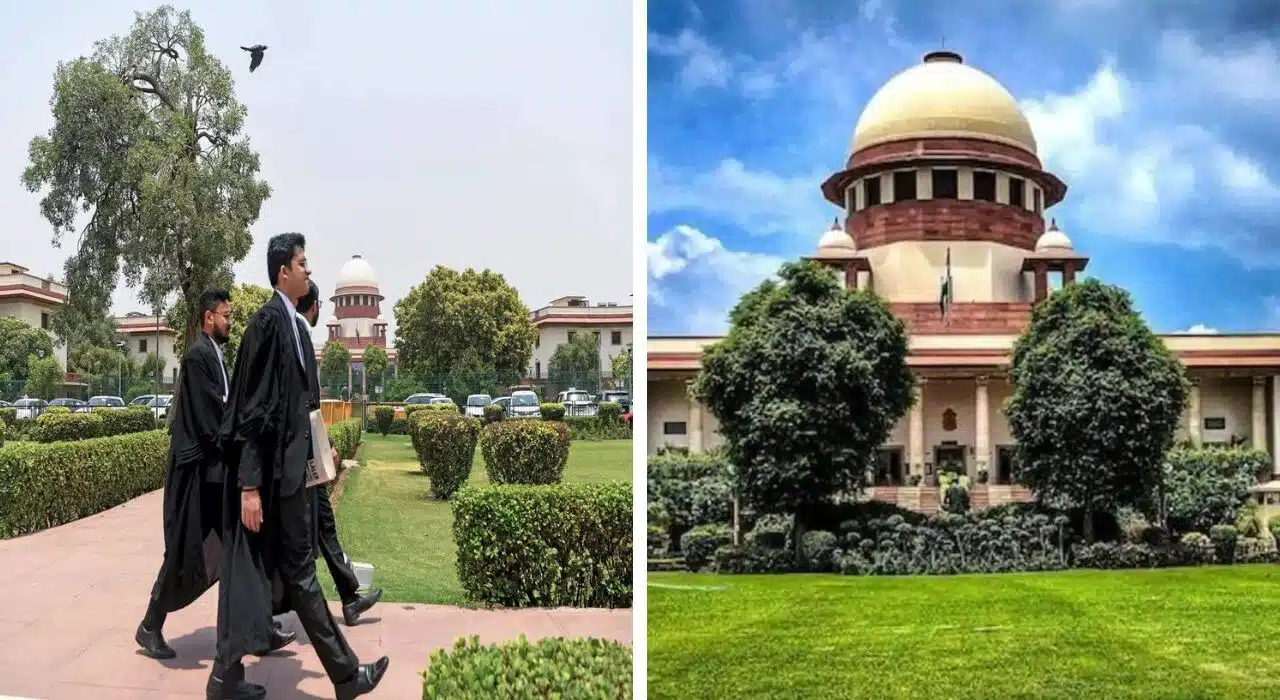The Supreme Court on Tuesday ruled that a candidate need to have at least three years of practice as a lawyer to go into judicial service. The judgment was pronounced by a Bench of Chief Justice of India (CJI) BR Gavai and Justices AG Masih and K Vinod Chandran.
The Court clarified that these necessities will not apply to ongoing judicial recruitment, but will be best practice prospectively. The Court reasoned that the appointment of fresh law graduates as judges has led to problems. Inexperienced law graduates won’t be competently equipped to deal with the essential responsibilities entrusted to judicial officers, the Court opined.
Three years of legal practice mandates by Supreme Court
It clarified that the three years of legal practice may be counted from the date on which a regulation graduate begins practice on the basis of a provisional enrolment and not from the date on which an attorney clears the All India Bar Exam (AIBE).
Whether or not a candidate has three years of prison experience is to be certified by a person with ten years of status on the Bar, the Court similarly stated. It similarly held that a candidate’s experience as a law clerk to a judge can also matter closer to legal practice.
Competitive Law Tests necessary
The case arose from a series of petitions hard a mandatory 3-year legal practice requirement for aspiring civil judges, brought through the Madhya Pradesh High Court through a 2002 amendment to its judicial provider policies.
This rule, ultimately adopted by diverse other States, required applicants to have at least 3 years of practice as a training lawyer before they could appear for judicial career tests for entry level civil judge (junior division) positions. The rule was delivered with the purpose of ensuring that those appointed to the judiciary had a foundational understanding of Supreme Court procedures and practical legal skills.
Read also: FIR Registered against AIIMS Rishikesh doctor for distributing sweets after Pahalgam Attack
